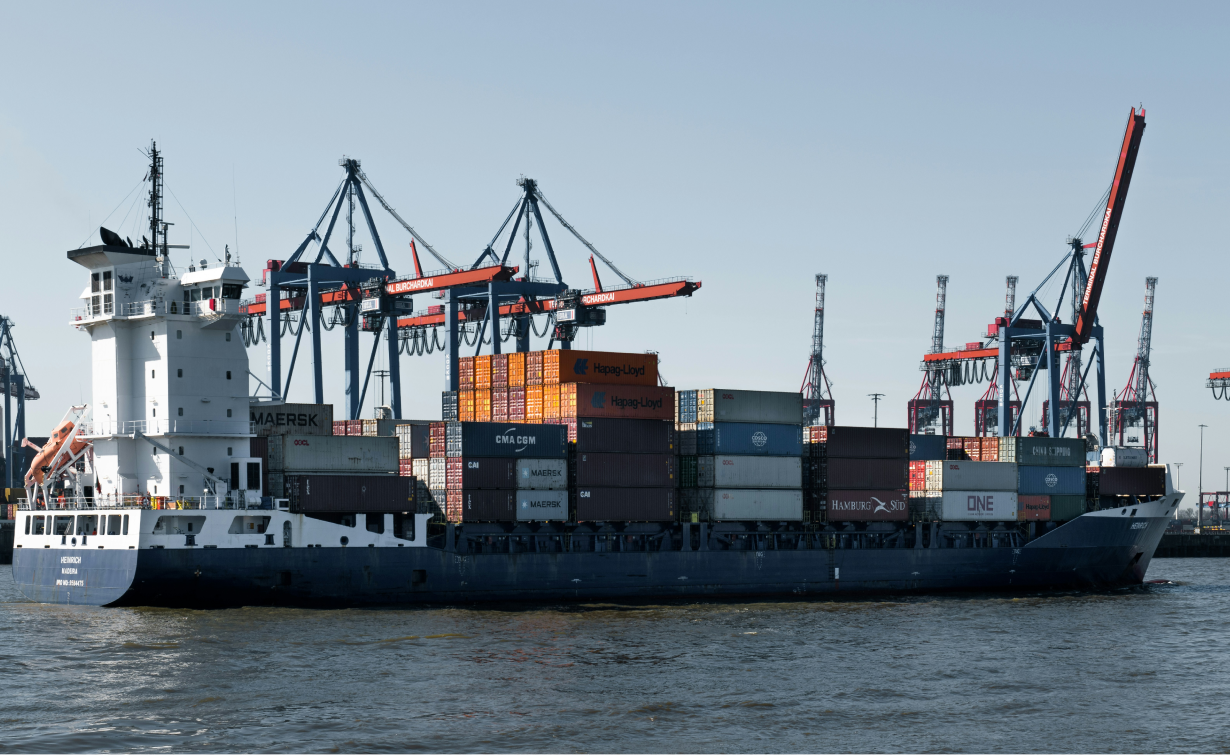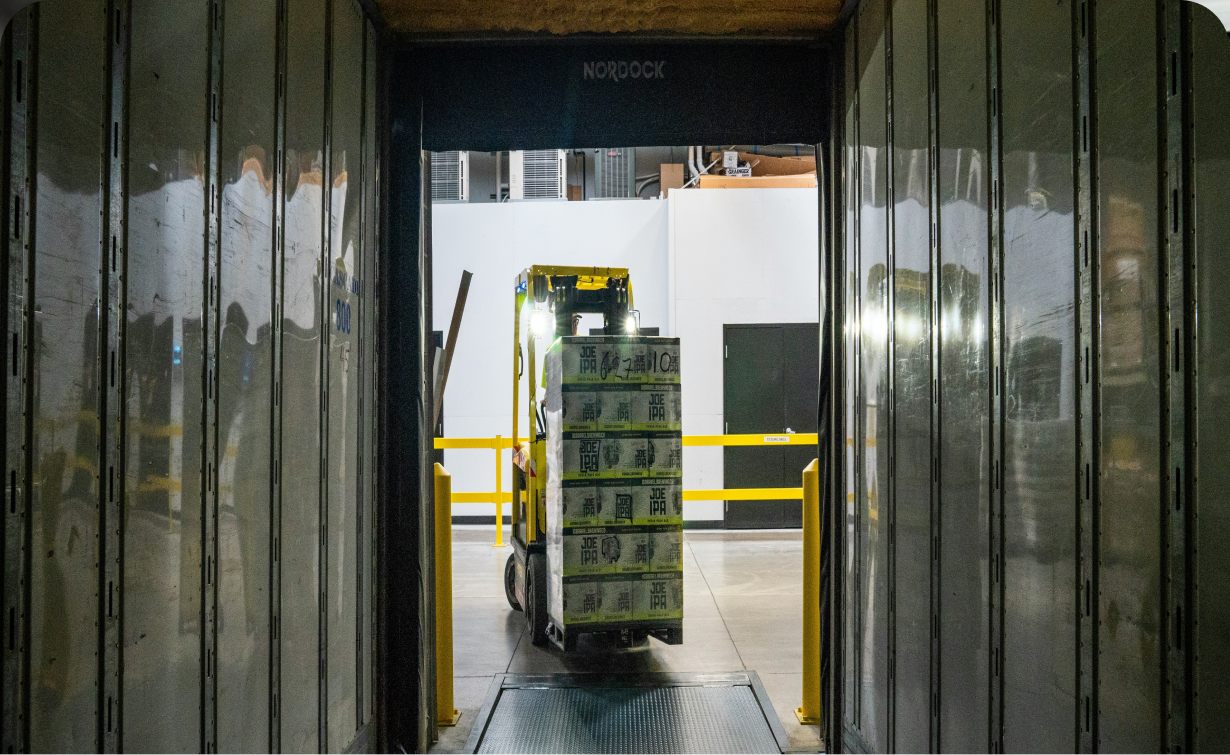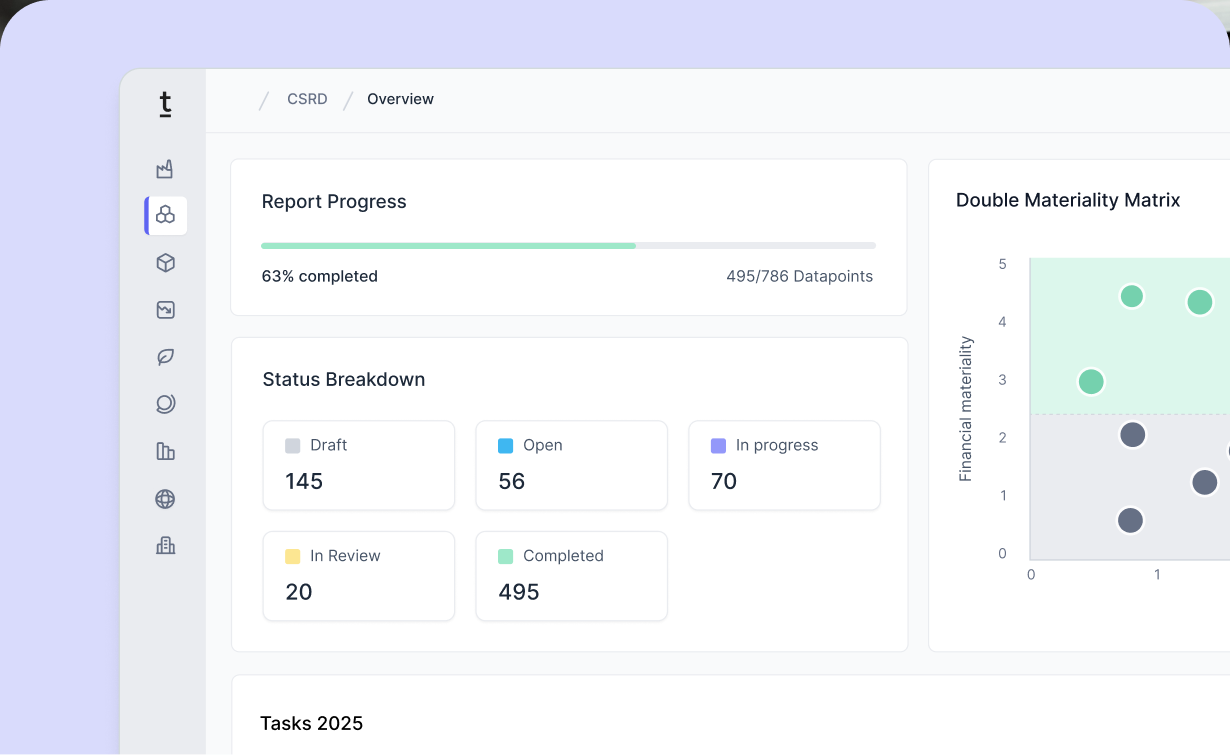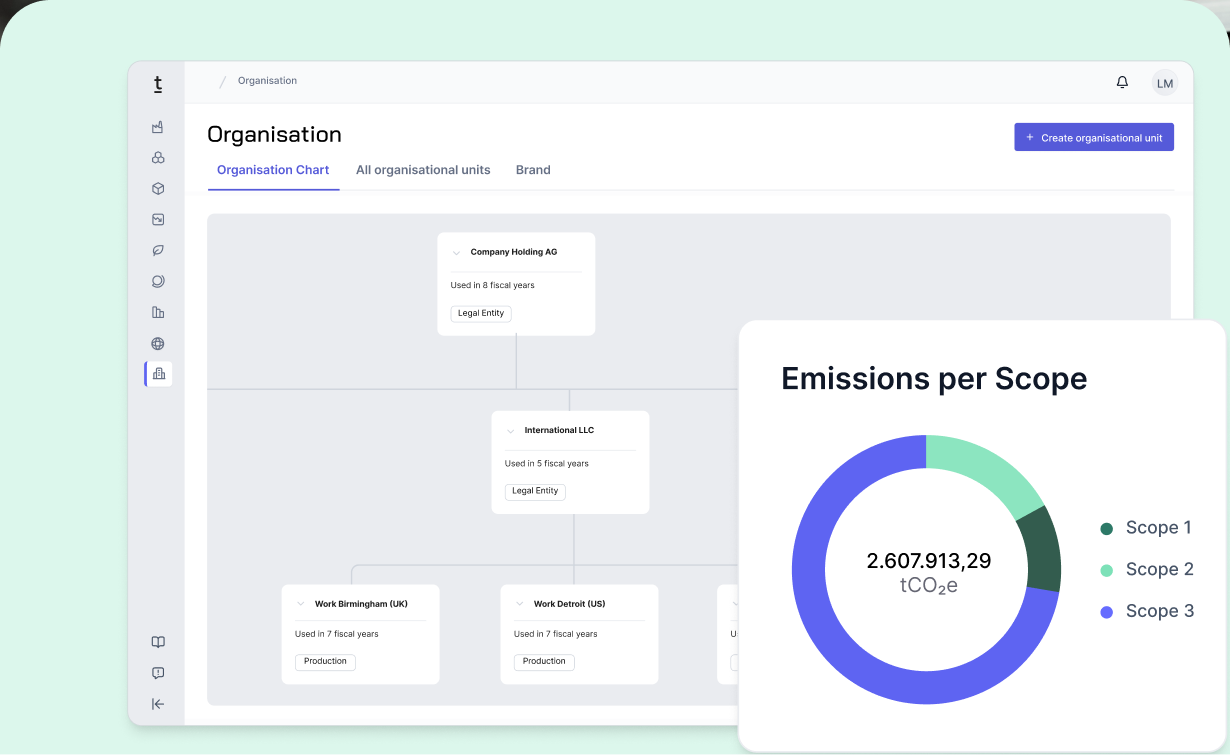ESRS Changes: EFRAG Proposal & Impact on Companies

With the Omnibus I proposal published on February 26, 2025, the European Commission announced its intention to specifically revise the European Sustainability Reporting Standards (ESRS) through a delegated act. The goal is to simplify sustainability reporting, reduce the administrative burden for companies, and place a stronger focus on the essential disclosure requirements. This article provides an overview of the background to the revision as well as the key changes in the draft published by EFRAG on July 31, 2025.
What are the ESRS?
The European Sustainability Reporting Standards (ESRS) form the framework for sustainability reporting in Europe. They are a central component of the Corporate Sustainability Reporting Directive (CSRD) and ensure that companies disclose comparable, reliable, and relevant information about their sustainability strategies, risks, and opportunities.
Why are the ESRS being revised?
The European Commission is responding to criticism from companies and business associations that the previous requirements were too complex and burdensome. The revision focuses on the following objectives:
- Reduction of mandatory data points by eliminating less relevant information
- Prioritization of quantitative information over purely qualitative disclosures
- Conversion of mandatory disclosures into voluntary ones, where possible
- Clarification of ambiguous requirements, particularly regarding the application of the materiality principle, so that only truly relevant information must be reported
Planned changes in the ESRS draft 2025
The current draft introduces a number of important adjustments:
- Elimination of voluntary data points: Most optional disclosures will be removed.
- More transparency in the Application Requirements (ARs): Hidden data points within the ARs will be eliminated.
- Clearer structure: ARs will in future be placed directly under the Disclosure Requirements (DRs), making the logic easier to follow.
- Renaming of minimum requirements: The former Minimum Disclosure Requirements (MDRs) will become the new General Disclosure Requirements (GDRs).
- Fewer redundancies: Duplicate disclosures – for example, regarding employee numbers – will be avoided.
- Adjustment of numbering: The labeling of Disclosure Requirements (e.g., E1.IRO-3 → E1-3) will be harmonized.
- Streamlining of the DMA long list: The previous AR16 list will be significantly shortened and moved to the non-binding Illustrative Guidance.
- Focus on sub-topics: Sub-sub-topics will be removed, with the sub-topic level being strengthened and consolidated.
- Interoperability with international frameworks: For better comparability, ESRS wording will – where objectives align – be adapted to global (ISSB) standards.
What does this mean for companies?
The revision of the ESRS in the Omnibus proposal shows that the European Commission is responding to feedback from practice. For companies, this means:
- Fewer mandatory disclosures, clearer structures, and thus less bureaucracy
- Stronger focus on materiality instead of excessive detail
- Easier applicability for companies of all sizes
For the implementation of CSRD obligations, it is crucial to closely monitor the final changes. Companies should adapt their sustainability reports and internal processes at an early stage in order to be prepared for the new requirements.
Tanso recommendation
Tanso recommends that all companies – especially those in Wave 1 – focus their 2025 reporting on the most material, mandatory, and quantitative disclosure requirements based on the existing ESRS. Since the new ESRS will take time to be approved, it is more important to start data collection now – ideally before the end of the year.

What's next
Until September 29, 2025, the simplified ESRS drafts can be commented on via the online tool and feedback can be submitted as part of the public consultation. The deadline for submitting the final revised standards to the European Commission has been postponed from October 31 to November 30, 2025.

















































.avif)







.jpg)
.jpg)




















-p-800.webp.avif)
-min-p-800.webp.avif)






-p-800.webp.avif)

